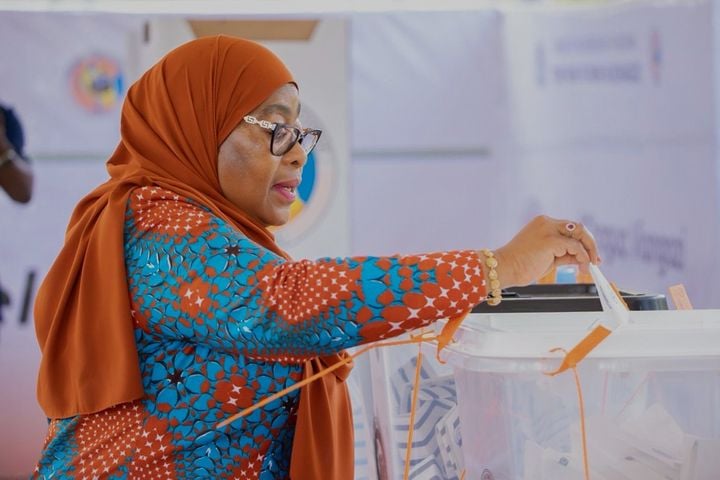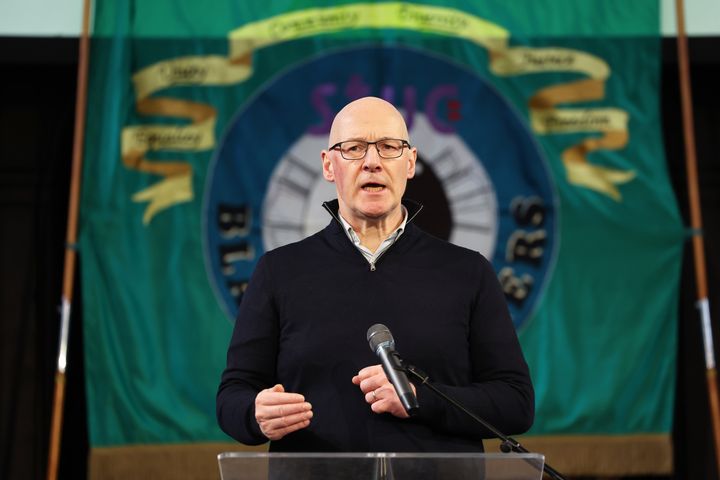UPDATE: Tanzanian President Samia Suluhu Hassan has secured a controversial victory in the nation’s election, receiving more than 97% of the vote, according to official results released early on October 29. This election, however, has been marred by accusations of unfair practices, violence, and widespread protests, raising significant concerns among opposition groups and international observers.
The announcement of Hassan’s victory is likely to intensify scrutiny from critics who argue that the election resembled a coronation rather than a genuine democratic process. Her main challengers were barred from participation, leaving her to face 16 candidates from smaller parties.
Violence erupted across major cities as demonstrators protested against the election results and attempted to halt ballot counting. The government has deployed military forces to assist police in quelling riots, with reports of clashes leading to fatalities. Internet connectivity disruptions have further complicated the situation, affecting communications and travel across the East African nation.
In a troubling development, credible reports indicate at least 10 deaths linked to the unrest in cities including Dar es Salaam, Shinyanga, and Morogoro. The United Nations Human Rights Office has expressed alarm over the escalating violence, urging authorities to exercise restraint. UN Secretary-General Antonio Guterres has called for all parties to “prevent further escalation” amid calls for accountability.
The protests have led to the postponement of university reopenings previously scheduled for November 3, further exacerbating tensions. In the capital, streets remained tense but calm as security forces manned checkpoints, demanding identification from citizens venturing out.
Human rights organizations such as Amnesty International have documented a disturbing pattern of repression leading up to the election. Reports of enforced disappearances, arbitrary arrests, and extrajudicial killings have surfaced, compelling critics to label this election as a stark reminder of Tanzania’s deteriorating political landscape.
Opposition leader Tundu Lissu, who has been jailed for months on charges of treason, had previously called for electoral reforms deemed essential for ensuring free and fair elections. Meanwhile, another opposition figure, Luhaga Mpina, was barred from running, highlighting the government’s tightening grip on political dissent.
This election marks a significant moment for the ruling Chama Cha Mapinduzi (CCM) party, which has maintained its grip on power since Tanzania’s independence in 1961. Despite a façade of stability, analysts warn that Hassan’s authoritarian approach diverges from the democratic movements gaining traction in other parts of the region.
As global attention turns to Tanzania, questions remain about the future of political discourse in the country. Observers are closely monitoring the government’s next moves, with implications for regional stability and human rights likely to unfold in the coming days.
Further developments are expected as opposition leaders and civil society groups continue to respond to this contentious election outcome. The international community watches closely, as the situation remains fluid and charged with potential for escalation.







